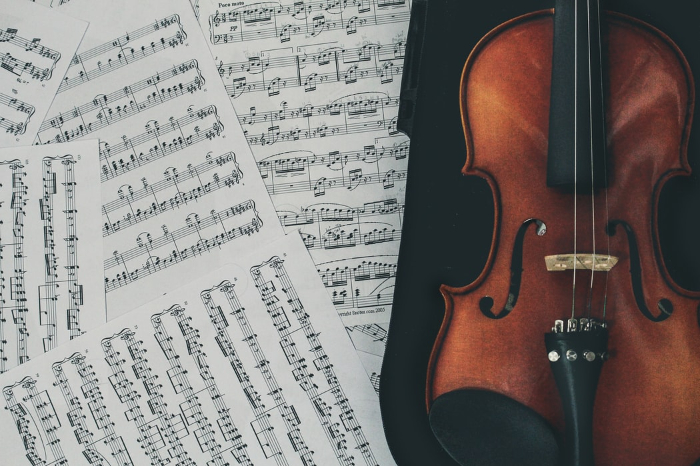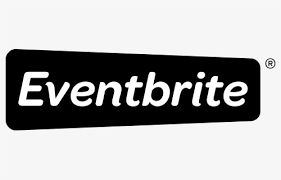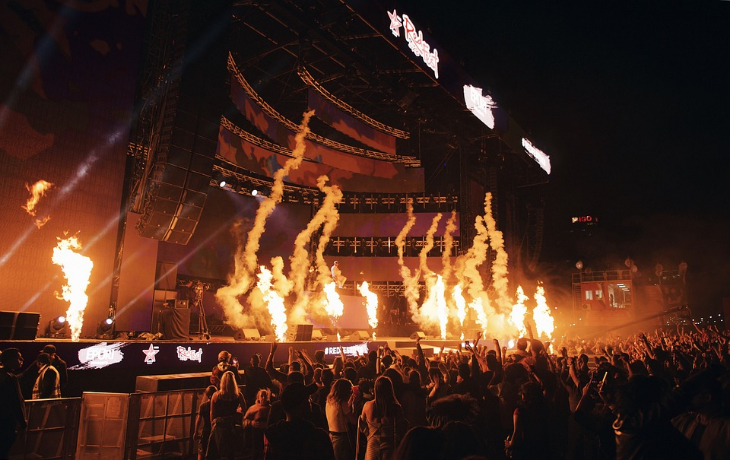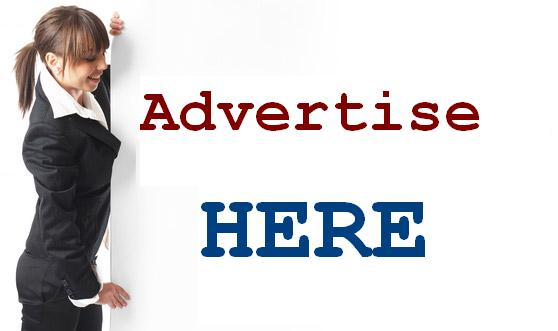Lets Talk About Music Publishing
What are they and how do they affect your career as a musician? A quick 101

Gateway Blog category interest
As a songwriter or musician, it is absolutely imperative that you gain a strong, solid understanding of what music publishing is, whether or not you should retain your publishing or sign with a publishing company, how you get paid for your publishing, who the right and wrong publishing companies are and exactly what a publishing company can and will do for you.
You have to first understand that, as an artist, you are the CEO of your company. You do not work FOR your manager or label if you have those team members, nor do you work FOR anyone with whom your career comes into contact. You are the captain of your own ship and everyone else is your crew. Period, full stop.
What is a music publisher and what does he/she do?
A music publisher is essentially a promoter for songwriters. It is their primary job to make deals to pair talented songwriters with artists resulting in exposure to the public and income for the songwriters. They pitch songs to record labels, music supervisors, promotional campaigns, movie and television producers and other who use music, then license the right to use the songs, and collect fees for the usage. Those fees are then split with the songwriter.
Where your content is being consumed, how it is being consumed, who is consuming it, how many times it is being consumed, and finally, how much money you are ultimately owed for your content being consumed is precisely what publishing entails. I stated that Publishers issue licenses for your music. What types of licenses you ask? Well, let's break that down.
Types of Licenses Issued by Music Publishers
When you sign with a music publisher, you give them certain rights. Those rights are called "Administration Rights". Those rights give them the power to administer your music, which, in short means they are able to find users for your music, issue licenses (see above) for the use of that music, collect the money for the use of that music and pay you from that money, less their fees of course. That said, we need to distinguish the difference between a publishing deal and an administration, or admin, deal. They are not the same thing. We'll get to that in a moment. Let's first discuss how the songs go from you, the songwriter, to the publisher and ultimately to the end user. Actually, I just did. It's that simple. The end user could be film. television, streaming, movies, commercials, etc. or recorded products, records, compilations, or other artists. Publishers are also responsible for working to place their songwriters with other songwriters and sometimes, though not always, helping to find a record deal for the artists with whom they work.
Fees - Before we get too deep into the weeds here, let's outline what the standard fees are for publishing deals. In the past, most publishing deals have been a standard 50/50 split between publishing company and songwriter. That has been changing lately and should generally be considered a starting point, especially if you are a powerhouse songwriter with a history of bringing in strong revenue for your songs. Some publishers are also known to pay out advances to artists who's music they feel will bring a strong return on investment.
Now let's get back to the gobbeldy gook. Something that many musicians early in their careers tend to get confused. A performing rights organization is not a publisher. Let me repeat that. A performing rights organization is not a publisher. A Performing Rights Organization or P.R.O., or Performing Rights Society is an organization, sometimes a non-profit organization as in the case of ASCAP and BMI, that helps you get paid for the Performance or broadcasting of your music in public spaces like bars, restaurants, sporting arenas, stadiums, elevators, amusement parks, live music venues, and dentist offices, lol.
ASCAP or The American Society of Composers, Authors and Publishers is a professional membership organization of songwriters, composers, and music publishers of every kind of music. Don't get confused by that sentence, ASCAP themselves are not music publishers as I mentioned, but they do count music publishers within their membership ranks. ASCAP's primary function is to license and promote the music of its members and foreign affiliates, obtain fair compensation for the public performance of their works and to distribute the royalties that it collects based upon those performances. According to a statement from ASCAP, their "members write the world's best-loved music and ASCAP has pioneered the efficient licensing of that music to hundreds of thousands of enterprises who use it to add value to their business – from bars, restaurants and retail, to radio, TV and cable, to Internet, mobile services and more." The ASCAP license that these licensees obtain offers an efficient solution for businesses to legally perform ASCAP music while respecting the right of songwriters and composers to be paid fairly. With more than 775,000 members representing more than 11.5 million copyrighted works, ASCAP is considered a worldwide leader in performance royalties, service and advocacy for songwriters and composers, and the only American performing rights organization (PRO) owned and governed by its writer and publisher members. Learn more about ASCAP and its functions on its website, on Twitter and Instagram and on Facebook.
BMI, like ASCAP, supports its songwriters, composers and publishers by working to handle one of the most important aspect of their careers – getting paid. BMI supports businesses like music establishments, restaurants, fitness clubs, malls, coffeehouses, and other organizations that play music publicly by offering blanket music licenses that permit them to play over 17 million musical works. Both relationships save each time and money. BMI’s team consists of experts in the fields of music career development, technology, finance, licensing, new media, corporate strategy andamp; copyright law. Their committment to innovation brings their copyright owners and licensees new technologies to manage their music and their music use.
Those are the two top performing rights organizations, or PROs. Since this article is about publishing and as I stated in big bold letters above, PROs are not music publishers (repeat after me ad infinitum), we won't dig any deeper into them other than to say that almost every country has its own PROs and you can find them all listed in our massive music industry database with their full staff listing, contact information, and more by going to our home page after January 5th of 2021 and clicking on The Big Giant Database, more about that later.
A little bit more about getting paid.
Let's get back to what you really wanna know. How do you start collecting fat stacks from publishing companies. Where does that money come from? Well, as we discussed above, the majority of your pay will come from performance royalties but mechanical royalties and sync can be a good source of cash flow. Since this article is being written during Covid-19, that paradigm has shifted quite a bit as live performances have been drastically reduced. That said, I'm not writing this article for the Covid era as I expect things to swing back to normal hard and fast when a vaccine is found and delivered. Since we covered PROs above, even if only briefly, let's talk a little about mechanical royalties. What are they and how is a publishing company involved in the collection and payment of them?
There was a time when, if a record company wanted to release music, it had to mechanically reproduce the musical composition by "pressing it to vinyl." This is where the term mechanical royalty came from. A publisher issues a license to a record company allowing it to manufacture and distribute a composition and in return the record company will pay a royalty. The important thing to know is that when it comes to mechanical royalties, it’s the composition owners (i.e., songwriters and their publishers) that get paid. In fact, mechanical royalties will often flow from the owners of master copyright (i.e., record label) to songwriters. That is the case whenever the label wants to produce physical copies of the song — and even whenever the music is sold on download-to-own platforms like iTunes.
When it comes to mechanical royaties, the owner of the composition is the one to get paid. If a publisher owns your compositions, they get paid and that money flows back to you in what is referred to as your artist share, less their percentage, known as the publisher share. Again this specifically refers to physical copies of a song and downloads. There have been large discussions and disputes over whether a download should be paid in the same way that a physical purchase or even a stream is paid and we're going to stay out of those weeds right now as they lead down a long path that I personally don't really want to travel at the moment. I'm also not going to get into specific rates here since this is a simple "publishing 101" type article, but we will go deep into it in a future article. If you really want to know the rates simple Google mechanical statutory rates and dive don down that rabbit hole. If you really want a deep dive into publishing rates and sources, I would suggest picking up a copy of Donald Passman's book All You Need To Know About The Music Business.
OK, let's discuss the ever elusive sync license. This is a subject that I plan to cover in other articles very extensively over the coming months as it is a source of revenue that is literally available to just about any artist, regardless of your following, status, facebook likes, instagram presence, record sales numbers or live draw. It is possibly the only source of revenue in the music business that is based solely on the quality of your music and the user's potential need for a specific sound at a specific time. Sync licenses can generate big bucks for small artists if they know how to navigate the system and get their music in front of the right people at the right time. Not knowing how to do this is one of the biggest reasons you should work with a publisher. Yes, I know, there are arguments against working with publishers. In fact, some would say you should control 100% of your publishing and only consider what are referred to as admin deals. There are strong arguments for this at certain levels. That said, if you are reading this right now, you are probably not at those levels.
So what is a sync license?
A sync, or synchronization license, is an agreement between a music user, typically a music supervisor for television, commercials, movies, video games, etc. and the owner of a copyrighted composition (song). The license grants permission to release the song in a video format (YouTube, DVDs, Blue-ray discs). This permission is also called synchronization rights, synch rights, and sync rights.
If an organization, company, movie studio, television production company etc. releases a recording of a song that someone else wrote in any sort of video format, even if it's just a small portion of a song, they will need to obtain a license. Synchronization licenses are most commonly used for YouTube videos, cover song videos, wedding videos, and commercial and corporate videos, television and movies. For example, if you release a YouTube video of your band playing the latest Imagine Dragons song, even if you use only a portion of the song, you will need a sync license. If you release a DVD of yourself playing a Steve Vai guitar solo or singing Billie Eilish lyrics, you need a synchronization license, regardless of the reason you are releasing the product and regardless of whether or not you plan to monetize (make money from the sales of) the product. Let it be noted, radio commercials do not require a sync license as they are audio only. They require something called a "transcription license".
Earlier, I mentioned the fact that you can make a lot of money on sync fees. Let me be clear though, not all sync "placements" pay the big bucks. The fees can vary wildly based on a large number of criteria including length of play, production budget, purpose of the sync and sometimes, but not that often, on the popularity of the songwriter, though as I mentioned above, this is rarely a deciding factor in whether or not a song gets synched.
Your publisher works with music supervisors to seek out, license and collect monies for sync opportunities for you through their extensive relationships with music supervisors and music libraries, for a massive list of music supervisors, music libraries etc that you can begin creating relationships with on your own, go check out our super-massive database on the home page if you are reading this after January of 2021. If you are reading this before that time, be patient and check back often, it will be here soon and it will blow your mind! In the meantime, here are the contacts for some of the bigger Publishers and Performing Rights Organizations for you to begin building your own black book and start your journey down the road of stacking those Benjamins.
ASCAP (New York)
1900 Broadway, New York, NY 10023
(212) 621-6000
www.ascap.com
ASCAP (Nashville)
2 Music Square West
Nashville TN 37203
(615) 742-5000
ASCAP (Los Angeles)
7920 Sunset Blvd. Ste. 300, Los Angeles CA 90046
(323) 883-1000
BMI
320 West 57th St New York NY 10019
212-586-2000
www.bmi.com
BMI (Nashville)
10 Music Square East, Nashville TN 37203
(615) 401-2000
BMI (Los Angeles)
8730 Sunset Blvd. 3rd Fl West Hollywood CA 90069
(310) 659-9109
SESAC (Invitation only)
55 Music Square East, Nashville TN 37203
615-320-0055
Check out the Video included here from Songtrust for more information
More Photos
More from Gateway Blog

Gateway Blog
Music Biz Basics
A 101 Type Guide to the Basics of the Music Business with Music Business Attorney Kamal Moo

Gateway Blog
Music Business Conferences in 2021 You Should Know About
Check out a mixture of live and virtual music industry conferences this year.


Gateway Blog
Eventbrite Unveils 2020 "Inside Look Report,"
A Comprehensive Study on Human Connection Amidst a World of Online Experiences

Gateway Blog
A Discussion with Music Attorney Kamal Moo
An interview every new band or musician should read

Gateway Blog
When and why does your band need a manager?
How and when to choose the most important member of your team





 Newsletter Signup
Newsletter Signup